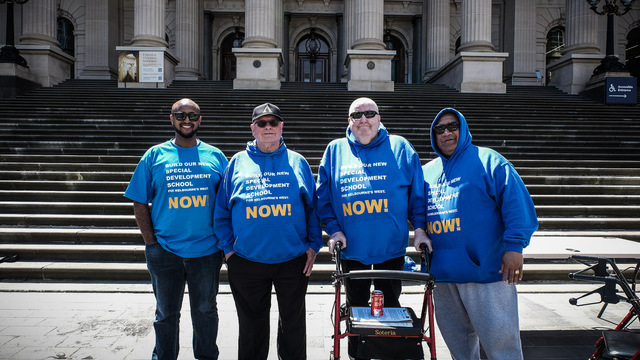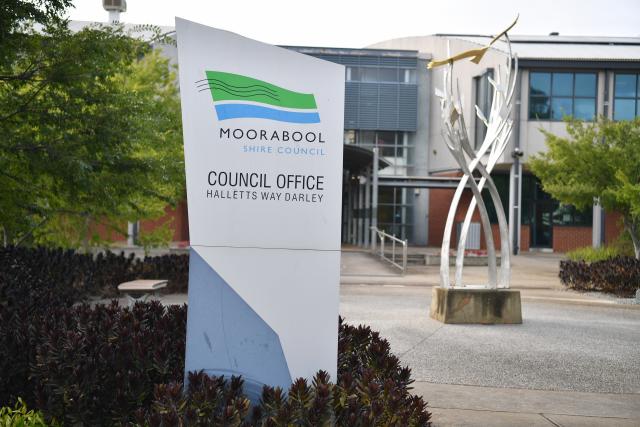Melton residents have racked up millions of dollars in unpaid rates and fines, with many being referred to debt collectors.
Melton City Council is chasing more than $6 million in outstanding rates, including legal fees, interest and previous years’ outstanding rates as of the end of the 2013-14 financial year.
Outstanding infringement payments across the municipality make up an additional
$2 million.
Melton council general manager of corporate services Peter Bean said council was actively following up unpaid fines and rates through a number of processes, including debt collection.
“Council encourages residents who have not paid their rates to do so at the earliest convenience to avoid any action,” Mr Bean said.
Residents with financial difficulties were urged to contact council to discuss the possibility of payment arrangements. People who discuss their situation with council and are able to make arrangements will suffer no ongoing consequences provided they meet the arrangements put in place,” Mr Bean said.
Almost 4500 residents still owe rates adding up to $5.2 million.
Brimbank Melton Community Legal Centre managing lawyer Stephanie Tonkin said a large proportion of their clients faced outstanding fines and debts, many of which had been referred to debt collectors for enforcement.
“It would be fantastic if everyone could pay debts, fines and outstanding rates on time, but sometimes it’s impossible,” Ms Tonkin said.
“The impact on our clients, most of whom experience financial hardship, can be extremely stressful and compound other pressures in their lives.” Ms Tonkin suggested the best solution would be a more collaborative approach to financial hardship by the council.
“Council has a referral arrangement with the local financial counselling service provided by Djerriwarrh Health Service.
“I think this program could be expanded so that all debts that arise in the context of financial hardship are dealt with by council, with a focus on fairness and the best interests of the community, instead of being referred off to an external company for enforcement.”
















